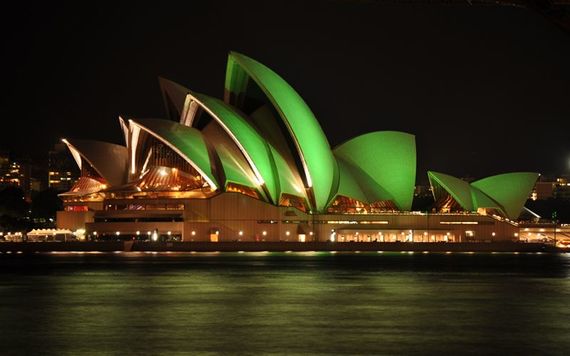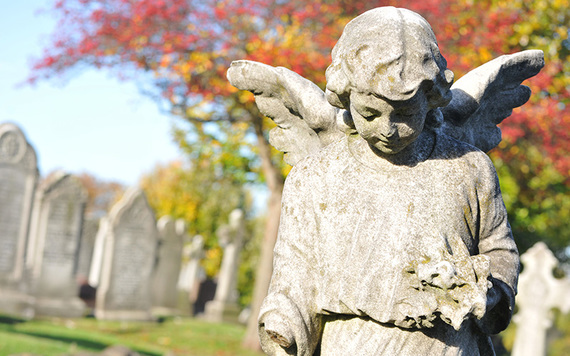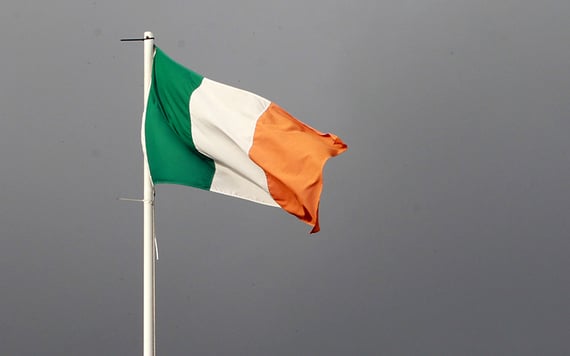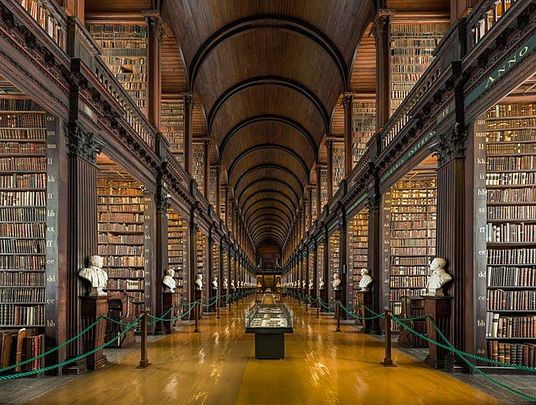The Irish Voice is a voice worth listening to.
Stories matter. Everyone has one. Everyone's is unique. We live in stories. We should be respectful of them. We should be careful of them too.
In my job at The Irish Voice I get to see the unfolding story of the Irish, north and south, happening in real time, in arts and politics, from Dublin to Sydney, every day, every week.
The Irish Voice. Is it a voice worth listening to? I wasn't convinced once, but I am now. Over time, listening to all of these Irish voices, a bigger picture emerged for me. The sheer tenacity and beauty, the global reach, of Irish culture was slowly revealed to me. As were the recurring themes of the Irish story, one the most important of which, for me, is the resistance to oppression.
The story of Ireland, north and south, is still happening now, in you, wherever in the world life takes you. You are as Irish in Melbourne as you are in Mayo. You are variously a diplomat and a business person and an academic and an artist. Most of all you're a story teller. Almost every Irish person is to one degree or other. It's remarkable.

When life is a hardscrabble, when you're locked in a daily battle to survive, you don’t develop reverence for the times that preceded you. Or for continuity. You don't have time for old stories, if you hardly have the time for your own.
Most of the people I grew up with would have bulldozed Tara to build a multi-level car park, if there had been a few bob in it. Continuity was an luxury they felt they couldn’t afford. They weren't looking into the past, they could hardly see the week ahead of them.
I only learned of the power of stories by accident myself. I learned when my nation wrote me - and thousands like me - out of it. When I was a teenager growing up in the 1980's Ireland was a theocratic gulag and it was made plain to me, every single day, that the society I was living in had no role for me, or for any other young gay teenager, and there were thousands of us, and that was too bad.
We were gradually discovering the we didn't have lines in the national story. We didn't even have walk on parts. We were left to follow the implications of all that. Most of us eventually did and left.

LGBT Pride Belfast
Then they could quickly find themselves cast into the outer darkness, overnight. They would often disappear into it. It happened to Ann Lovett. It happened to Joanne Hayes. It happened to close friends of mine. It almost happened to me. So for me the opposite of stories is silence.
Back then there was a silence on the edge of Irish life that I associate with graveyards. Breaking that silence has been the job of our artists. But it has also been the work of all the people who once had that silence fall around them. All of them have taken an axe to a frozen sea. And in finding their voices they gave voices to others.

The great energy in the Irish arts now, especially in Irish writing, owes a lot to the silence breakers who decided to believe in their own potential. Instead of leaving quietly like generations of their predecessors, they began the great work which is still unfolding and only getting started. They stood up and spoke out. They defied oppression. They unlocked their creativity and their society was transformed.
When I was a closeted gay teenager in Donegal in the long ago it occurred to me one night that the most rebellious thing I ever could do, the most radical act I ever could perform, was to be happy. If no one gave a thought to my future then I was free create any future I liked. If no one could see me I could make a show of myself. That creative realization transformed me, it saved my life, it sent me on a great adventure.

We have to get better at seeing each other though, at seeing all the points of contact between us all, the culture and history we share north and south. We have to see ourselves as chapters in a great work of the Irish because that is precisely what we are. We have to connect the great story.
It's the only way to understand where we are and where we are going. Le cheile. Together.




Comments